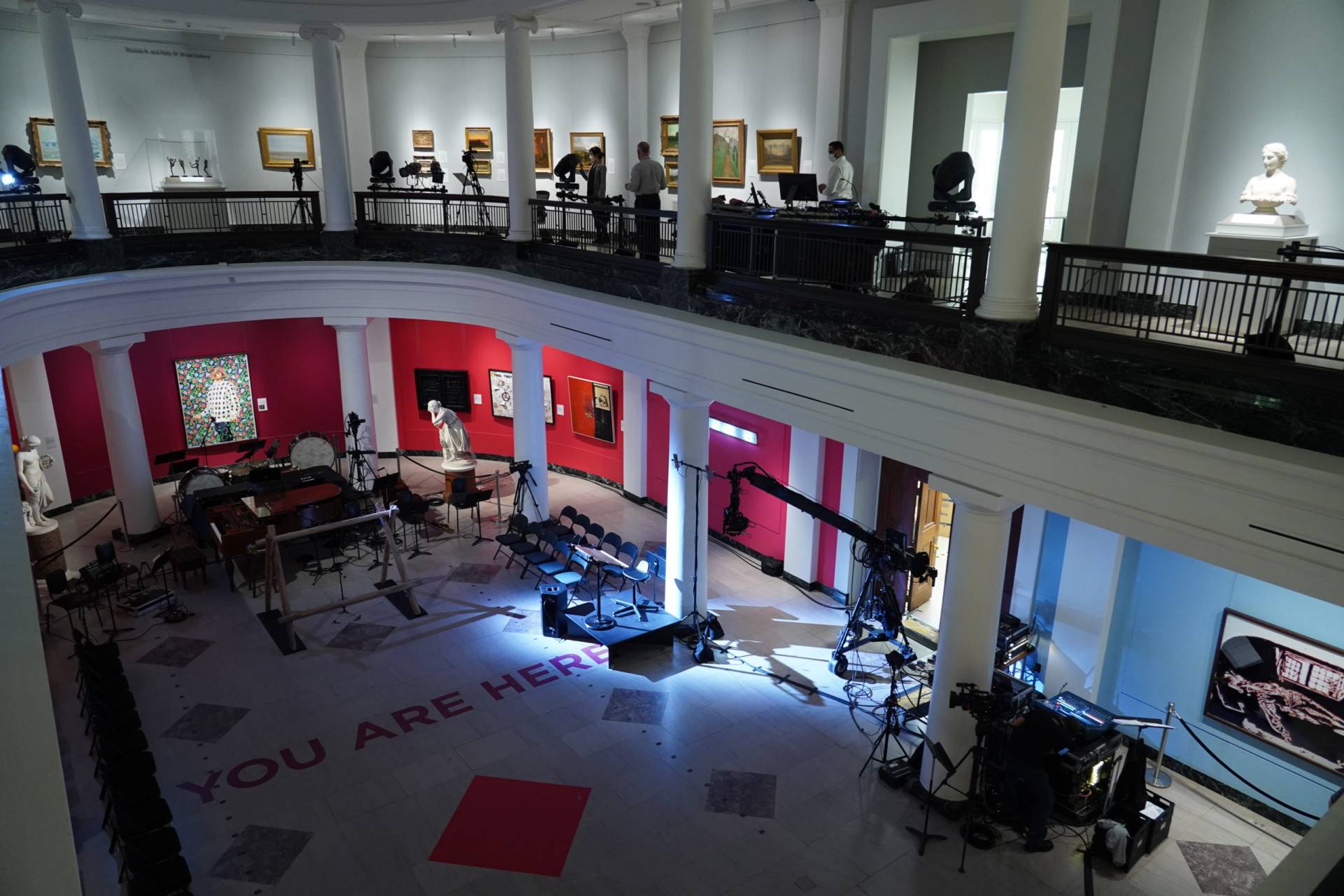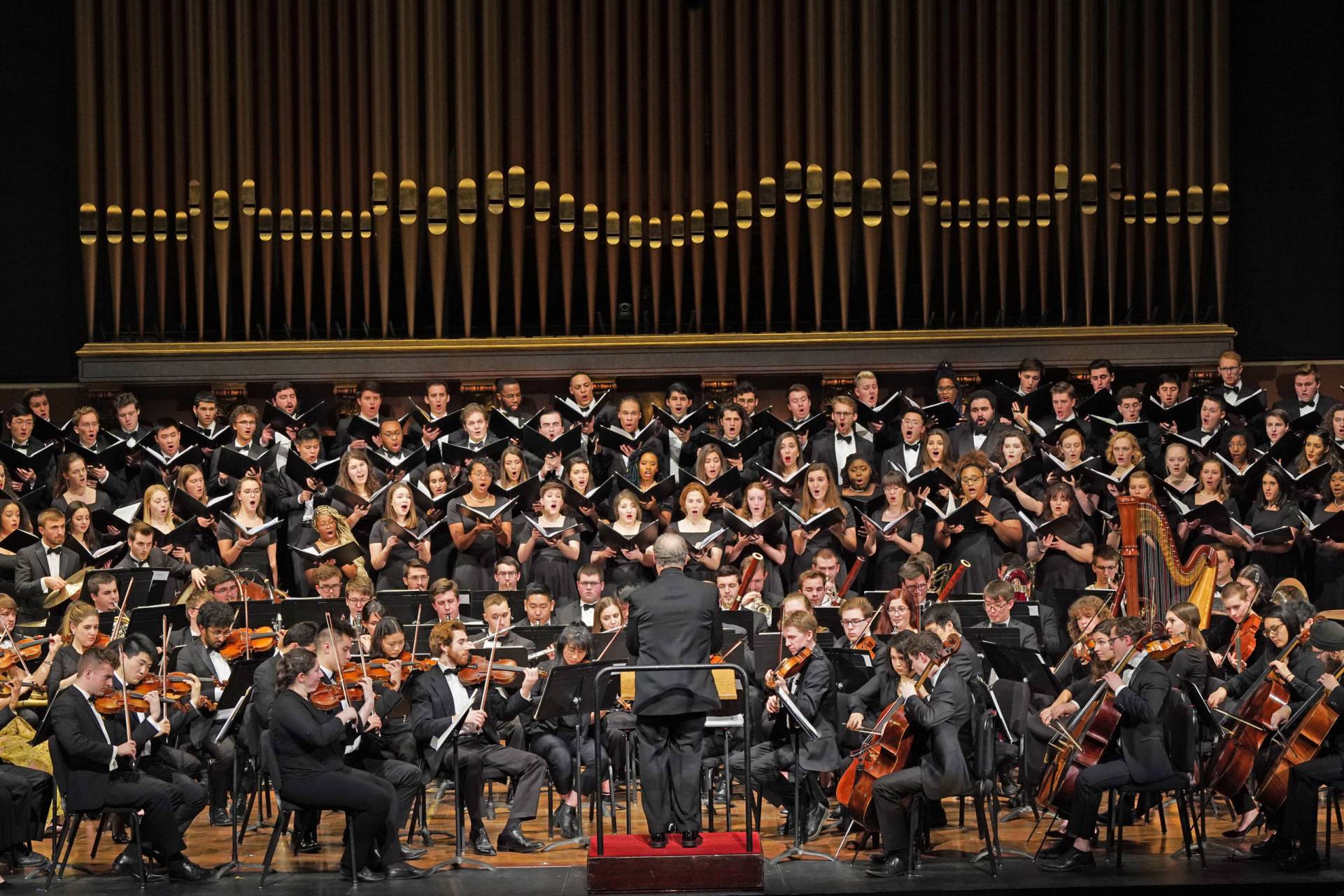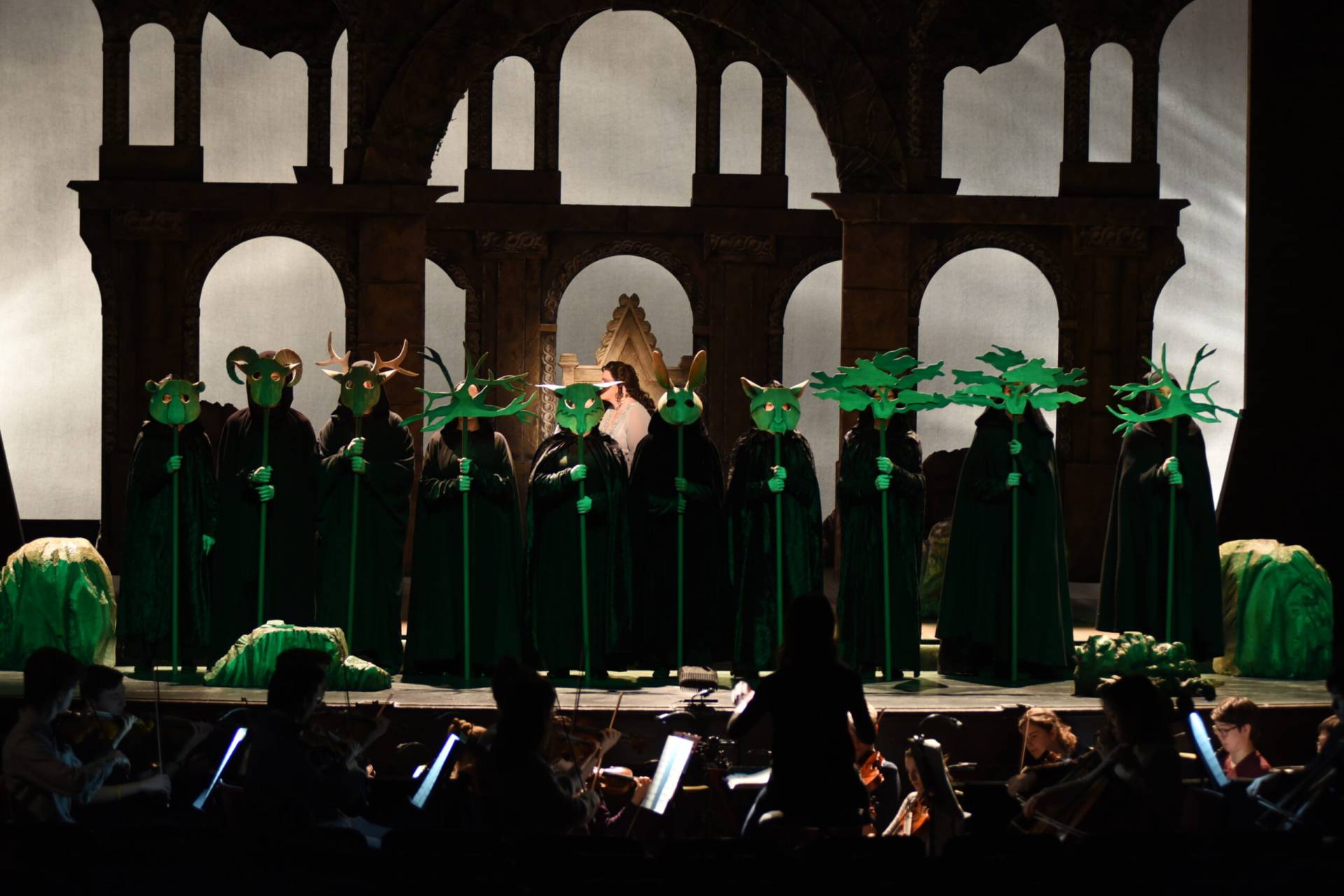Doctor of Musical Arts in Conducting, Orchestral
Designed for students seeking to develop into highly qualified professional conductors through intensive study with a major artist-teacher, the DMA in Orchestral Conducting features one-to-one mentorship and a comprehensive approach to the development of leaders within the profession and in their communities. Each DMA student is a director of their own symphony orchestra and will conduct at least one fully staged opera production while in school. The focus on artistic integrity is grounded in knowledge of the score, skillful and expressive conducting techniques, and the extra-musical aspects of a conductor’s responsibilities. DMA students conduct at least one world premiere each year, assist faculty, guest orchestral and opera conductors, and also assist with the direction of the Contemporary Directions Ensemble. The University of Michigan Orchestra program performs a wide range of works from the historical canon, and through its program known as MORE (Michigan Orchestra Repertoire for Equity) and other activities, is a leader in commissioning and recording new works from a range of diverse composers. The DMA culminates in public performances with repertoire equivalent to three concerts in lieu of a dissertation.
Curriculum
Completion of the program normally requires six terms of full-time study beyond the master’s degree. Students are expected to attain candidacy at the beginning of the sixth term. Courses include:
- Conducting
- Private Lessons
- Musicology & Music Theory
- Graduate Student Instructor
Courses
SMTD offers a wide variety of courses across all disciplines.
Silent Advisor
Degree requirements and term-by-term layout for current students.
Funding
Nearly all DMA students receive full-tuition fellowships. Most also receive health benefits and a stipend attached to a Graduate Student Assistantship, which can vary in proportion to the appointment fraction and the duties associated with it. In addition to the funding packages offered by the SMTD, Rackham students are also eligible to apply for a wide range of fellowships to fund research, travel, and performance.
Residency Requirement
At least one academic year of full-time residence is required.
Faculty
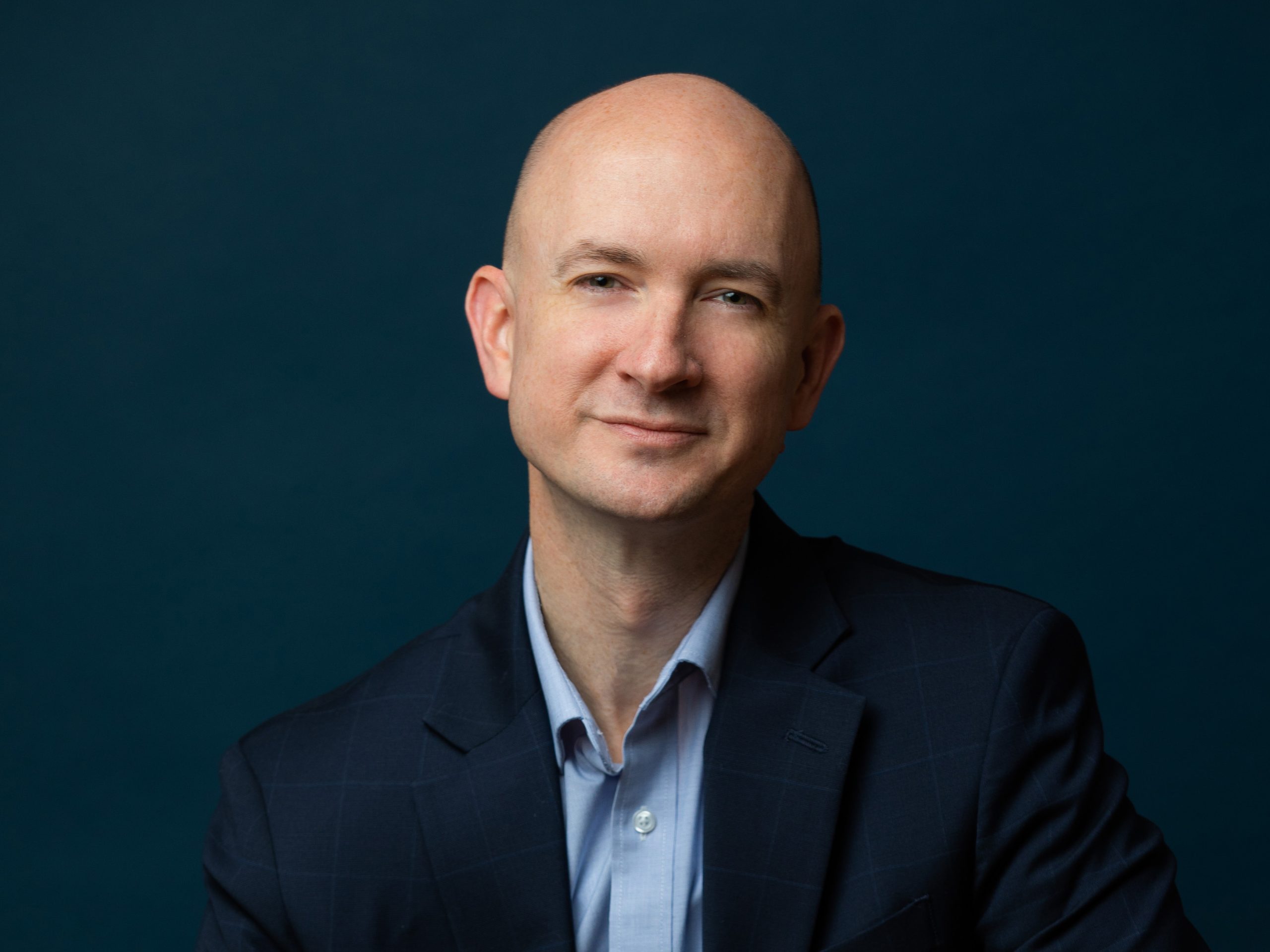
Jason Fettig
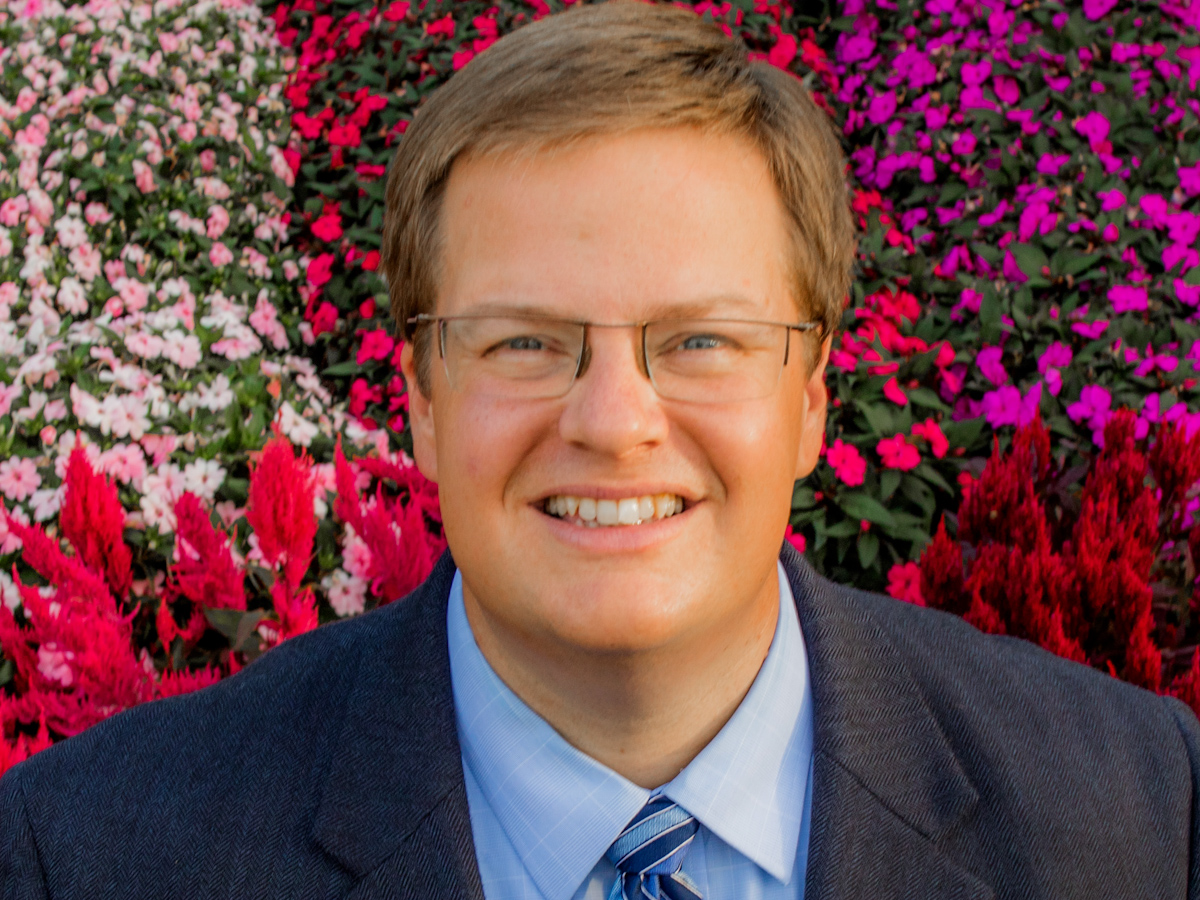
Richard Frey
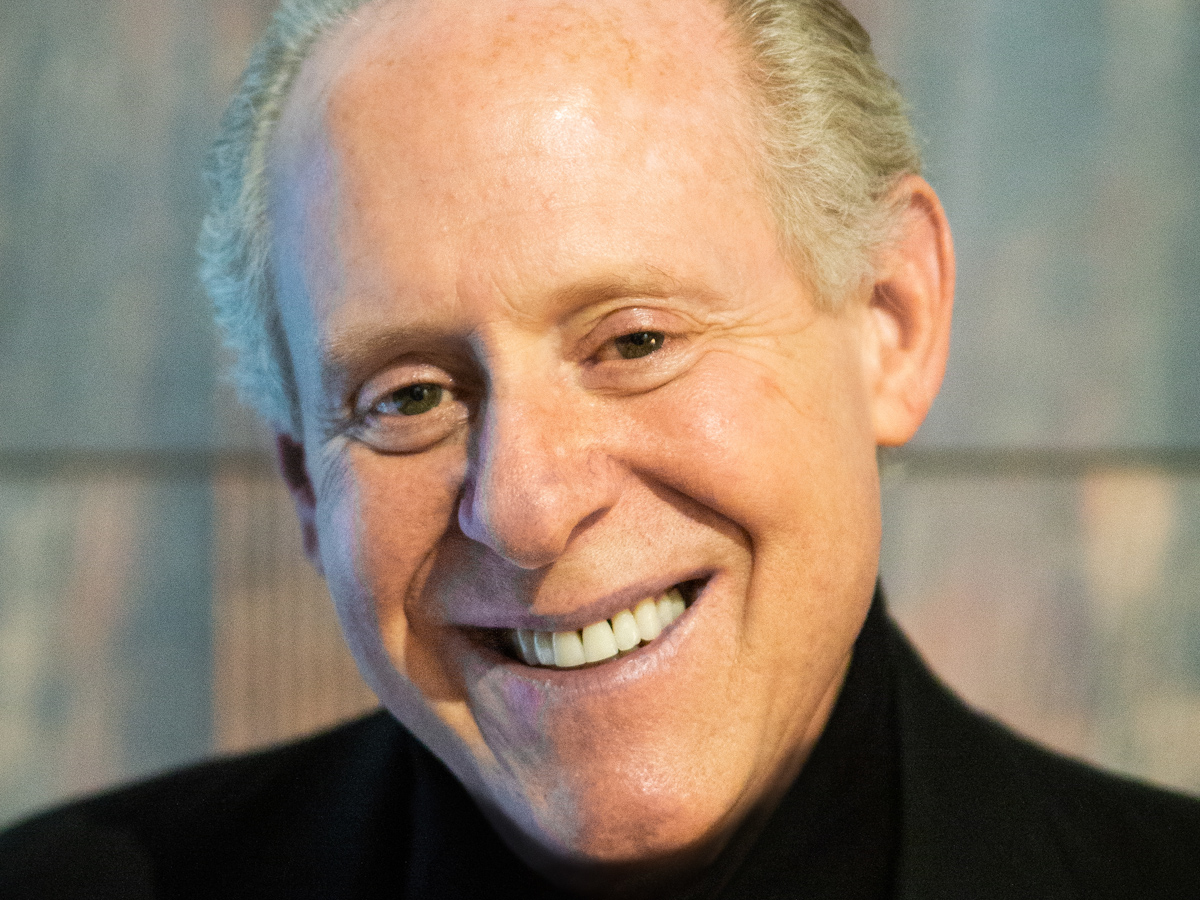
Kenneth Kiesler
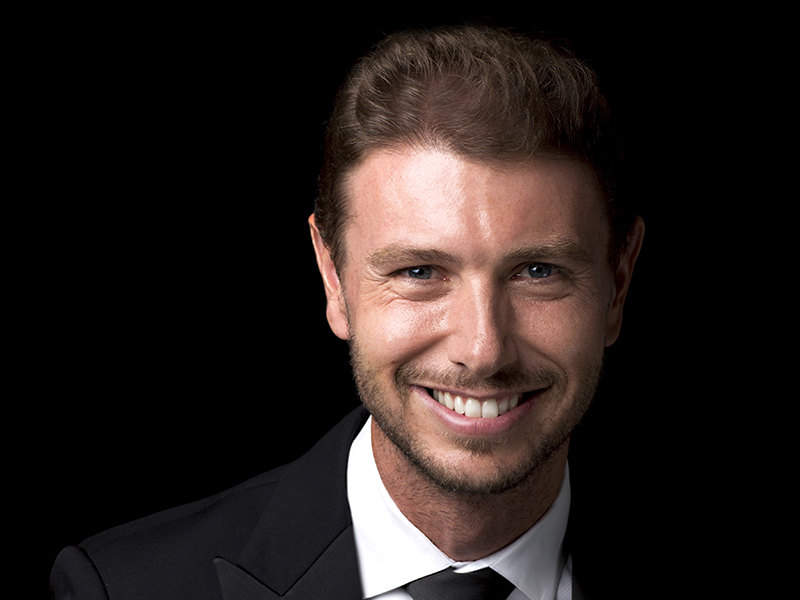
Jayce Ogren
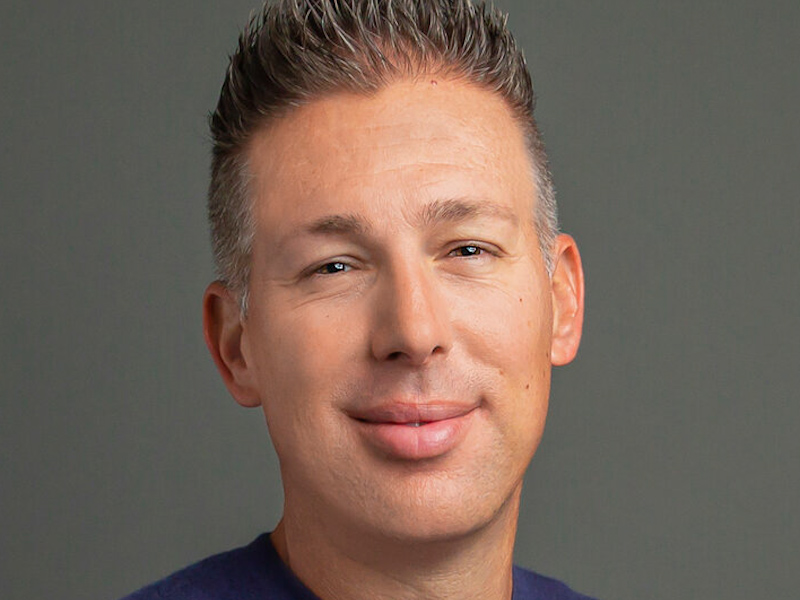
John Pasquale
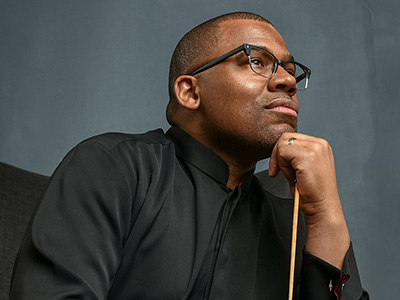
Eugene Rogers
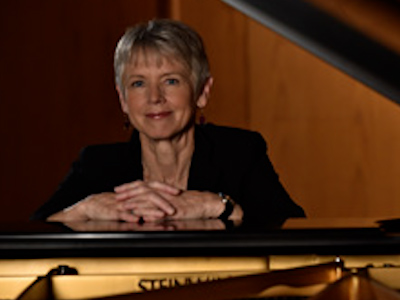
Ellen Rowe
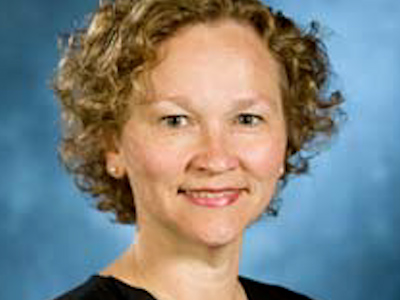
Julie Skadsem
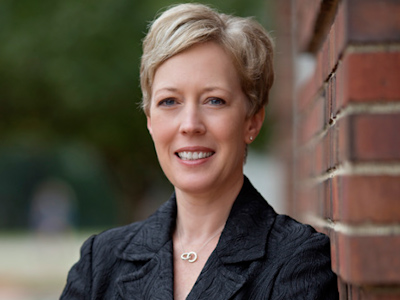
Courtney Snyder
Performance Opportunities
From large ensembles in celebrated concert halls to chamber groups in intimate recital spaces, performance opportunities across all disciplines abound, with nearly 900 student performances each academic year. Whether your focus is on early, classical, or contemporary music, whether your passion is for jazz, electronic, or world music, there is an ensemble—or in many cases, multiple ensembles—to suit your interests.

